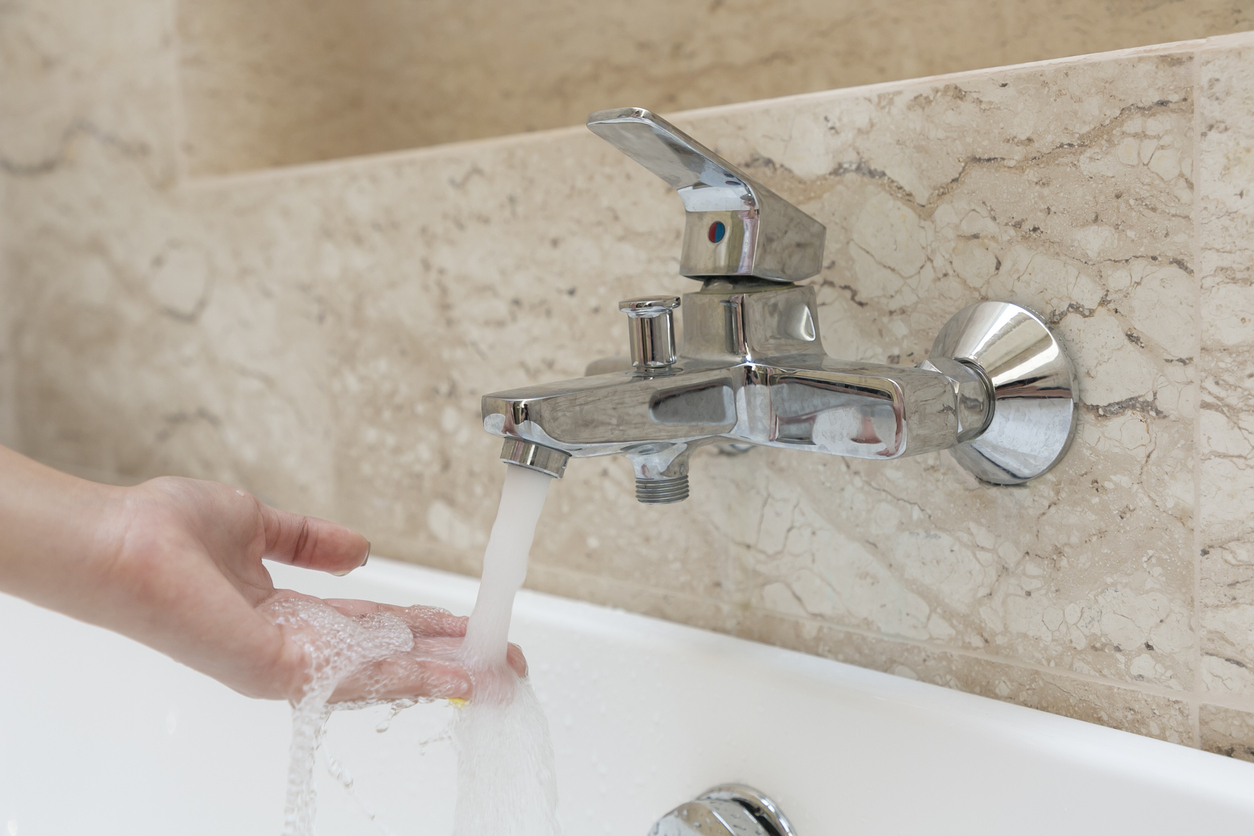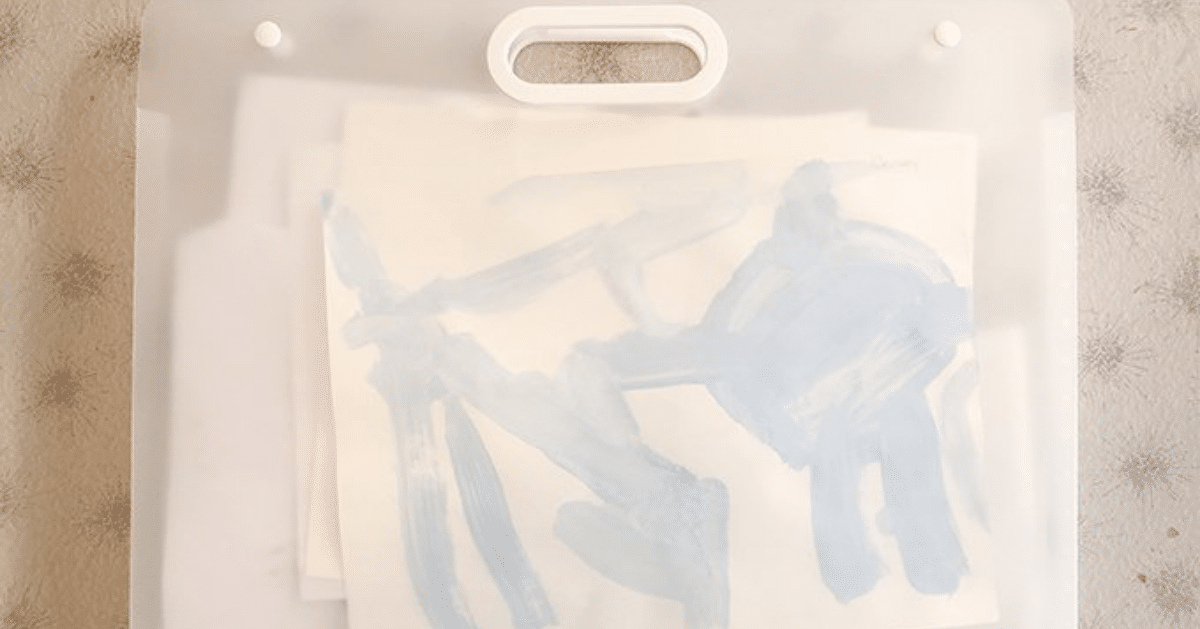
It’s easy to take care of our kids’ hygiene needs when they are babies – diapering, wipes, baths and special creams become part of a normal routine. But, as they grow into teenagers and beyond, it’s important to have a conversation with your teenager about personal care. As an OB/GYN, I see women of all ages with questions about how to properly care for their vulva and vagina. Below is information for both adolescents and adults on what to do, what products to use, and when to seek care from a doctor.
What Does Your Vagina/Vulva Really Need?
Your vulva needs less than you might think from going to the feminine hygiene aisle at the store. The global feminine hygiene products market was valued at $38.9 billion in 2020 and is projected to reach $68.7 billion by 2030. Some of these products are essential to modern life, including sanitary pads, tampons, menstrual cups, and over-the-counter antifungals. But, beyond that, there is a lot of stuff that you not only don’t need but can cause harm and/or discomfort. But before you go searching for the best soap for your vagina, you may be surprised to learn that the best soap is no soap.
The Hygiene Basics For Your Vagina
Water. That is what you need. Along with fingers to gently get between the folds. Much to the surprise of patients who come in complaining of itching, burning, and discomfort, I often diagnose the cause of their symptoms as ‘over hygiening’ their vaginas. The vulva does not need soap. Or body wash. Or scrubbing. Or feminine spritzes deodorants, or a variety of other products aimed at cleaning the vagina or making it smell spring fresh. The typical vulva is not dirty. It is the home to a complex community of healthy bacteria and yeasts—we call these commensal organisms—that keep the area feeling healthy and up to the tasks asked of it.
The vulva has glands that work very hard to make a natural layer of oils and antimicrobial (germ killer) chemicals to fight off the bacteria, viruses, and yeast that sometimes try to take up residence on the vulva and to protect it from irritants, like urine and feces. These glands have not matured on newborn babies’ bottoms and this is why they get butt-rash. Butt pastes mimic the natural barrier and relieve diaper rash—-if you keep washing your baby’s bottom with soap and wiping off the butt paste, they will continue to have diaper rash. The adult vulva has matured to make its own natural barrier. However, if you keep washing away the natural barrier with soaps and cleansing products, this will promote the colonization of pathogens (bad bacteria and yeast), and your vulva will be very uncomfortable. So, no soap. If you break-up with your soaping ritual today, it will take weeks or longer to see the full recovery of your vulvar health and comfort. So be patient and trust that the vulva is mostly a self-cleansing system with just fingers and water.
If you must use a soap occasionally for some reason, use a hypoallergenic bar soap. Some of the chemicals in body washes that emulsify the wash are actually quite irritating. And be sure to do a copious final rinse with just plain water.
But My Vagina Will Stink If I Don’t Use Soap
Don’t worry, the unlathered vulva does not naturally smell like the armpits do because there is a different family of bacteria and yeast that live there. The vulva was also never meant to smell like ‘Spring Melons” or ‘Wild Orchid.’ Although certain medical conditions can lead to unpleasant odors (suppurative hidradenitis, rectovaginal fistula, anal incontinence, abscesses), the vulva rarely has an offensive odor. In general, if there is a foul odor (often fishy), this is from the vagina and not the vulva, and you should see a gynecologist to get evaluated. Sometimes the source is simple, like a retained tampon, condom, or menstrual cup; but sometimes, there is a bacterial imbalance that needs to be treated. That said, douching is NOT recommended, as this can lead to more serious infections. Something called Yoni Steams or “V Steams’ have become a bit of a fad where you expose your naked vulva over a bowl of smoking herbs to ‘cleanse’ or ‘fumigate’ it. There is no evidence this will cure any ailment of the vagina or vulva, and it can cause steam burns or dermatitis from the oils and smoke.
Along with smelling fresh, many Americans use a beautifully scented laundry detergent and a scented dryer sheet. Maybe even linen spray. Who doesn’t love a warm basket of spring air fresh smelling laundry? Well, your vulva doesn’t! Detergents with scents and fragrances are very irritating to the vulva. Washing the clothes and towels that come in contact with your vulva with hypoallergenic laundry products is highly recommended. Consider dryer balls instead of dryer sheets, or air dry these garments. This type of change also will take time to see and feel the benefit of, be patient and persistent with eliminating irritants to the vulva.
Also Read : 9 Breast Cancer Prevention Tips That May Surprise You
What About The Hairs?
Culturally, the removal of pubic hairs has become extremely common. Although there are certain religious edicts around removing pubic hair, there is no significant health benefit to removing hair on the genitals for most women. The removal processes are all very traumatic—ripping the hairs out of their pilosebaceous glands (follicles) via waxing or threading, shaving them with razors that make micro-cuts on the skin that unleash bacteria and cause inflammation or using depilatory creams that breakdown keratin and cause chemical irritation. Pubic hair removal leads to many visits to the gynecologist office for acute or chronic discomfort. The application of hot waxes can lead to burns as well. If there is a preference for short pubic hairs, the recommendation is to trim them to a desirable length with scissors or trimmers. Never shave the area before surgery, as it increases the risks of incision infections.
Sex Makes It Burn
Many sex products sold on the market contain ingredients that are highly irritating to the vulva and vagina. The vulva does not need a flavor or scent, and I recommend not using products with scents, fragrances, or flavors–especially if you experience discomfort in the vagina or vulva with sex. Spermicide is also a common irritant. If you are using condoms and spermicide and experiencing burning during or after sex, I recommend using a non-lubricated condom and apply the spermicide inside the condom and try different lubricants externally. If you are not using condoms for contraception or sexually transmitted infection protection, semisolid vegetable shortening (that’s right, just like you would buy to make oatmeal cookies) works great. It is natural, has no preservatives, scents, or fragrances, it’s edible and gives a very natural slip and glide that does not turn gummy or form little tacky balls. Coconut oil is also an alternative if you are not allergic and don’t mind the smell. The semi-solid nature of vegetable shortening and coconut oil makes applying it easy without a drippy mess.
Sometimes women experience extreme vaginal burning following sex, even without the use of any products. There is a rare condition when a woman actually has an allergy to a protein in semen, but more often it is a pH imbalance between the vagina and the semen. The vagina is naturally acidic to foster the right balance of healthy bacteria and yeast, while semen is alkaline to help sperm survive the acidity of the vagina. Sometimes when they mix, it causes a burning sensation akin to a mild chemical burn. If this is chronically a problem, using a condom to contain the semen or avoiding ejaculation in the vagina can help.
What About After Birth?
After birth, the vulva is often very uncomfortable from stretching, swelling, tearing, and possible stitches. Your birth facility and providers should provide you with personalized vulvar care recommendations, but in general, rinsing with warm water using a squirt bottle or ‘pericare bottle’ after each trip to the toilet is the best way to keep things healing and healthy. You may be advised to use a Sitz bath where you soak your bottom in a shallow pan of warm water on the toilet and to use (if you have one) a hand-held shower for a couple of minutes a day over the perineum. Medicated cooling pads are often comforting but like any product, can be an irritant for some. Some facilities are in the habit of giving a local anesthetic benzocaine spray to soothe the area—be wary of using this.
I Need Something to Numb It, NOW!
Sometimes conditions cause such acute discomfort that patients need something to numb it immediately—think stitches after birth, herpes lesions, traumatic injuries, shaving mishaps, etc. There are numerous over-the-counter vulvar and vaginal ‘pain relief’ products. Many contain benzocaine. Unfortunately, benzocaine is a common source of vulvar contact dermatitis, which shows up 12-24 hours after use. So if you are using a benzocaine product (read the ingredients!) and things are not getting better, maybe even worse, then you may be having a reaction to the benzocaine and consider stopping using it. A reaction to benzocaine leaves the skin very red and sensitive. I generally recommend avoiding all benzocaine-containing products on the vulva. If your pain is such that you need some immediate numbing, you can apply ice via a towel and then reach out to your gynecologist about safe prescription topical numbing gels. If the pain is so bad you can’t urinate, you should seek emergent care.
Special Considerations
Chronic Urinary Tract Infections (UTIs): Often, patients with frequent UTIs think they need to wash more with more soap when in reality, these are patients that just need to use fingers and water to maintain the healthy commensal bacteria that can reduce UTIs. Wiping from front to back is, of course, always good practice. If you are getting frequent UTIs, see your gynecologist, as there are a number of treatments to reduce these.
Crohn’s and other Fistulizing Conditions with Fecal Leaking: Even with fecal exposure, we recommend just using fingers and water and then keeping a good skin barrier in place. In these conditions, often the body’s natural glands are insufficient to protect the skin, and we recommend the use of Petroleum Jelly products or a butt paste application to the vulva on a regular basis. If you leak stool and don’t know why, you should see your gynecologist.
Hidradenitis Suppurativa(HS): HS is a complex medical condition of the vulva that can make perineal hygiene very tricky! Fingers and water are still the mainstay, but sometimes specialists will recommend a scheduled highly diluted bleach bath, use of a medical soap, or topical antibiotic solutions. If you think you have HS, you should see your gynecologist to get specific recommendations for your perineal care regimen.
I ride my stationary bike every day, and it is rough down there: Cycling is great for health and fitness but tough on the vulva! Start with a good seat that fits your bottom well. They make extra padded ones! Wear padded cycling shorts or underwear. Wash your underclothes after each ride, so bacteria do not colonize it. Often applying a thin layer of petroleum jelly before a ride will help as well by preventing chafing. If you are removing the pubic hair, consider not doing so to reduce further trauma to the skin, or if you just can’t quit the habit, give the bike a rest for a day or so after the hair removal process. Cross-training is great for many reasons, and your vulva will thank you!
Hygiene 101
- No soap, just fingers and water
- Consider trimming instead of removing pubic hairs
- Never buy feminine products with any scent or fragrance
- Launder undergarments with hypoallergenic detergent and avoid softeners/dry sheets
- Watch out for irritants in sex products and consider vegetable shortening or coconut oil (if not relying on condoms)
- Watch out for benzocaine-containing products
- Douching is still out
- Petroleum jelly is a great barrier for a mild irritation
If you or your child are having vaginal discomfort, odor, or dryness, it’s best to talk to an OB/GYN provider. Find an OB/GYN that is the right fit for you.





